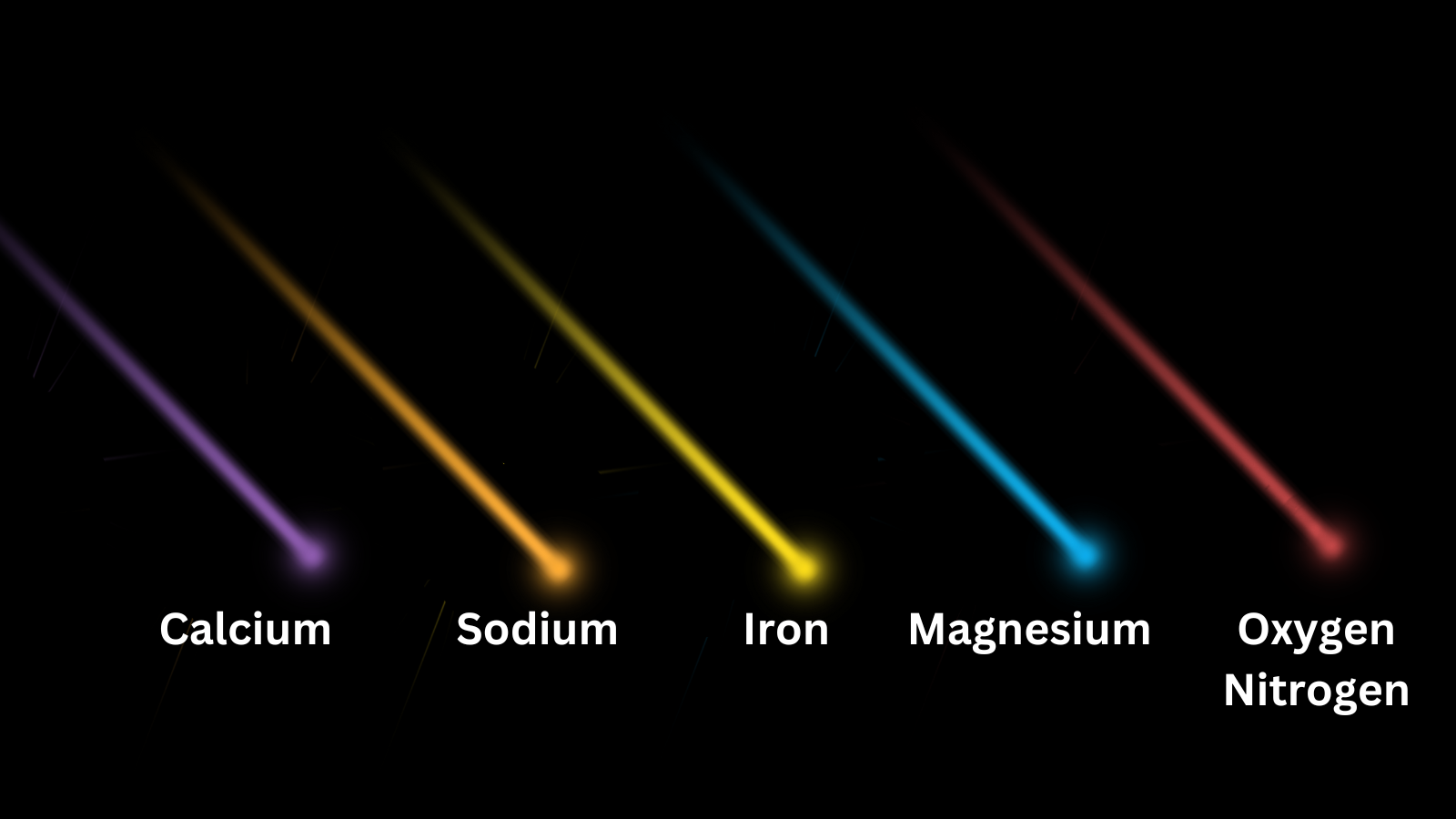A meteor that streaked across the night sky over Portugal and Spain has lit up the internet with footage of it lighting up the sky in a blue-green fireball.
Meteor confirmed by European Space Agency (ESA), caught the fireball with its cameras in Cáceres, Spain, on Saturday (May 18) at 6:46 pm EDT (22:46 UTC). The ESA confirmed that the fireball was part of a comet that launched over Spain and Portugal, traveling at about 100,000 miles per hour, or 65 times the top speed of a Lockheed Martin F-16 jet fighter. The meteorite may have burned up as high as 38 miles (60 kilometers) above Earth in the Atlantic Ocean, the ESA added.
Thousands of social media users took to X, Facebook and Reddit to discuss the bright fireball and share stunning pictures and videos.
Related: Meteorites from Earth-hit asteroid 2024 Bx1 may be rarest space rocks
ESA wrote on it X feed “ESA’s Fireball Camera in Cáceres, Spain spotted this stunning asteroid last night! Our Planetary Defense Office is currently studying the object’s size and trajectory to assess the likelihood that any object came to the surface.”
☄️😍 ESA’s Fireball Camera in Cáceres, Spain spotted this stunning asteroid last night!Our Planetary Protection Office is currently studying the object’s size and trajectory to assess the likelihood that any object came to the surface. Credit: ESA/PDO/ AMS82 – AllSky7 pic.twitter.com/gSU4unncQWMay 19, 2024
X user Colin Rugg Sharing stunning footage of the meteor on his feed, he wrote: “It’s crazy. Initial reports say the blue flash could be seen streaking hundreds of kilometers across the night sky. At the moment, it’s not confirmed if it will hit. Some reports say it may have hit the Earth’s surface near the city of Castro Deir.
Just in: A meteor was spotted in the sky over Spain and Portugal. It’s insane. Initial reports say the blue flash can be seen streaking hundreds of kilometers across the night sky. At this time, it is not confirmed if it collided. Some of the Earth’s surface… pic.twitter.com/PNMs2CDkW9May 19, 2024
News and media agency Nova Portugal also shared footage of the fireball from various locations.
“Yesterday evening a meteor lit up the skies of Portugal in a brilliant blue, surprising people outside as it passed. Thousands of Portuguese people shared their reactions to the event on social networks.”
#EVENT: A meteor lit up Portugal’s skies a brilliant blue last night, and thousands of Portuguese people shared their reactions on social networks as it passed by. pic.twitter.com/OE4HUCUr3FMay 19, 2024
“Shooting stars” like these are fragments of material that break away from larger bodies such as asteroids, comets, the Moon, or other planets and enter Earth’s atmosphere at high speeds. The friction encountered by these pieces, called meteors (the name they are given while in space), causes them to glow brightly, turning into meteors for a few brief seconds as they pass through the atmosphere, creating a trail of light.
Between 90% and 95% of interstellar objects do not last long enough to make their way to Earth. When a meteor hits Earth, it is usually in the form of dust or very small particles, called meteorites.

As different chemical elements are used to make different colored crackers, the color of this torch indicates its chemical composition.
A bright blue/green flash of the torch indicates burning of magnesium. One type of meteorite known to be magnesium-bearing is “ballasites,” which contain large olive-green crystals of a form of magnesium-iron silicate called olivine.
Although the origin of pallasites is somewhat mysterious, scientists think they may form when meteorites melt, dense material sinking into their cores. Pallasites can come from the boundaries between an asteroid’s metallic core and its silicate, olivine-rich mantle.
If so, pallasites could teach scientists a lot about how rocky Earth-like planets formed in the Solar System about 4.5 billion years ago.
Of course, the meteorite has yet to be confirmed as pallasite, and scientists don’t know if it actually hit the ground, although the ESA says the possibility is slim.
No doubt this fireball burst over Portugal and Spain is going to keep meteor hunters busy for at least the coming days.